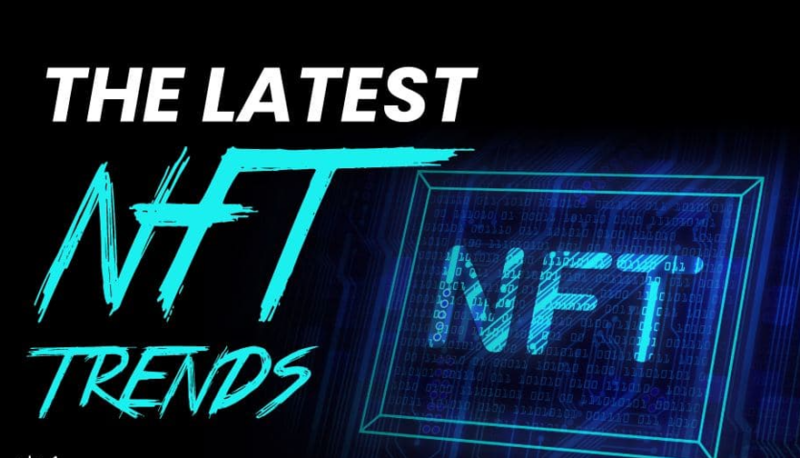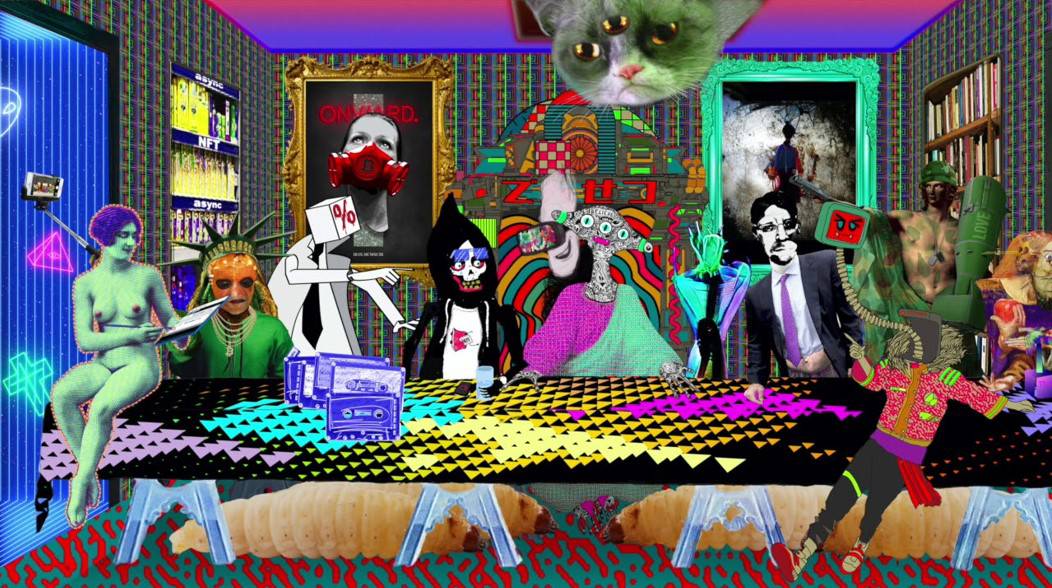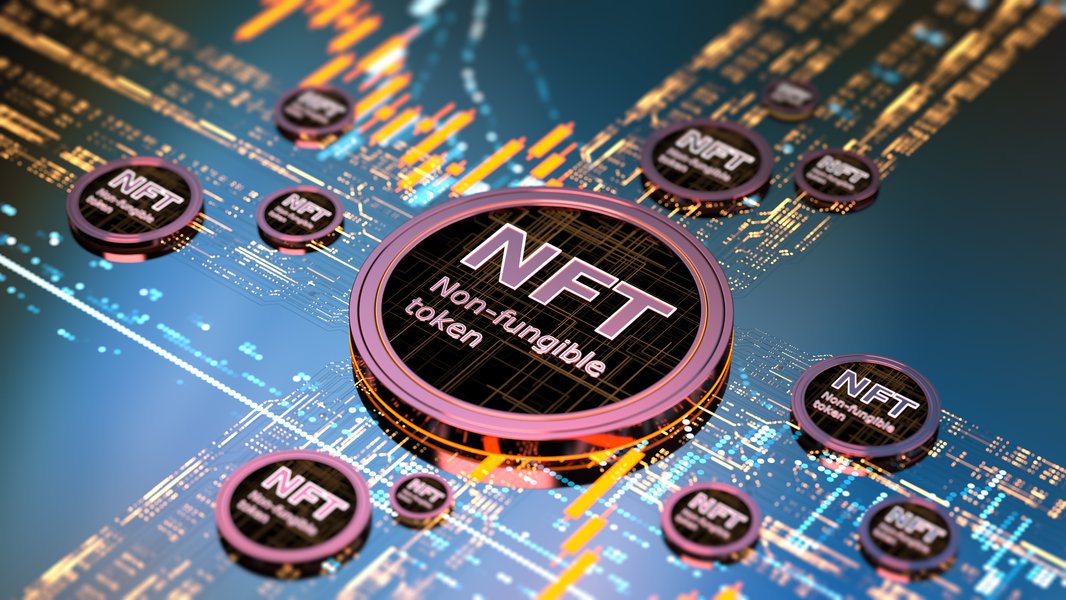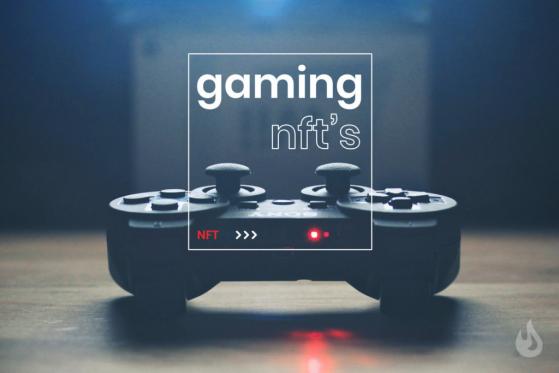There Is No Outrunning NFTs: Seven NFT Trends to Watch

Digital tokens have been around for a few years but their popularity exploded when artist Beeple sold his artwork, Everyday: The First 5000 Days, for $69 million.
Since then, Non-fungible tokens have exploded into a multibillion-dollar industry, with investors owning digital assets in almost every sector.

NFTs rely on blockchain technology to designate an official copy of a piece of digital media. This allows creators to make money selling digital goods at a higher price than the traditional market. NFTs can represent ownership of anything unique, such as a contract conveying ownership and royalty rights to a song, or anything else that can be contractually transferred.
According to Mr. Wu, president of Ava Labs, developers of Avalanche blockchain, a platform for decentralised finance, NFTs have triggered a global rush of artists and investors thereby creating opportunities to not only earn more revenue but develop new connections with fans within the community.
This has led to the disruption of a wide range of industries that for long relied on conventional means of doing business. This is an era of digital collectibles and it is taking over every sector including art, fashion, music, and sports enabling them to grow economically, socially, and culturally.
Below are some of the sectors that NFTs have penetrated:
NFTs in the Art Industry
We could say the pandemic played a huge part in the adaptation of the art industry into digital assets as many creators explored different ways of staying creative. But I am pretty sure that we didn’t anticipate the peaceful world of art to go extremely digital so fast.
NFTs are taking the art industry to a whole new level with galleries and blue-chip artists considering digital assets and art. With the need to remain in the loop and be up to speed, artists have had to learn everything there is to know about non-fungible and acquire the potential to make more revenue in ways that were not available traditionally.

Platforms like smart contracts are even helping artists earn more from secondary sales via royalties.
NFTs in the Music industry
There has been an increase of NFTs in the music industry with many celebrities like Snoop Dogg, Lionel Richie, Boy George, Grimes, and Kings of Leon jumping on the wagon and making millions by selling music and art as NFTs. Musicians are also exploring NFTs as a new way of releasing albums. Leon became the first band to release an album as an NFT, tying special perks and features to its purchase.
NFTs have been a success in the music and art industry because they incorporate dimensions of authenticity and certified ownership. The pieces are also rare with each release being the only one or incorporating a limited number of owners.

The merging of NFTs and the music industry will go a long way in protecting creators’ monetary opportunities and ownership rights. While NFTs do not necessarily address the issue, they effectively offer a new asset separate from the copyright to a song.
NFTs in the Ticketing Industry
Have you experienced the pain of buying a ticket that is times the original price? Well, NFTs are bringing that to an end by enabling ticketing with a limited price. The ticket could be coded with the necessary information including the original and maximum price possible and the destination of the money. This ensures you spent the amount necessary and the artists get the value for their work.
More information? Link HERE.

NFTs in the Sporting Industry
NFTs have been adopted by franchises such as NBA to freeze memorable moments in history like NBA Top Shot. Blockchain-based platforms like Dappa Labs have helped create platforms where fans can buy, sell and trade NBA highlights as digital tokens.
Dappa Lab creates permanent certificates of ownership that cannot be replicated or deleted. One highlight of a LeBron James dunk recently sold for $210,000.

Professional sportspeople, teams, and leagues have embraced the trend as it marks a new way of connecting with fans. However, trainers have also caught on with the wave thanks to the brands like RTFKT Studios who are already selling collectible trainer NFTs
Non-Fungible Real Estate
Although a recent sector in the NFTland, real estate is a significant use case for NFTs because properties are presented as unique items that require transparent, and reliable detailing.

Recently, we have heard of a piece of online land in Decentraland selling for more than $900,000, according to Reuters. DappRadar, a website that tracks NFT sales, recorded this as the most expensive sale of NFT land yet.
Decentraland is a blockchain-based world where land can be owned and sold virtually as NFTs. You can take virtual walks, attend events and showcase their NFTs.
NFTs And Gaming
NFTs have expanded to the world of gaming leading to the selling of items for massive amounts of cryptocurrency.

Currently, most video games in 2021 have adopted a form where players can purchase skins and customization options. Other games feature NFTs with the ability to take the form of characters, digital land, digital currency, and other items. Users can also compete with each other across the world using their own NFTs.
NFTs and Decentralized Finance
One of the most recent developments the merging of NFTs with Defi leading to projects like NFTi which lets borrowers post digital items as collateral. Other NFTs and DeFi projects like NIFTEX allow the fractional ownership of NFTs while Mintbase facilitates the minting of NFTs.

Also, think about NFTs as collateral in decentralized finance.
Summary
This is not the peak of the NFT s being incorporated in other sectors across the world. We expect more industries to adopt the non-fungible way of life and team up with digital natives to exploit all the possible revenue opportunities.
-
Hey!!
Recently I have been earning money by playing games at NFT
marketplace.Check
it out:












